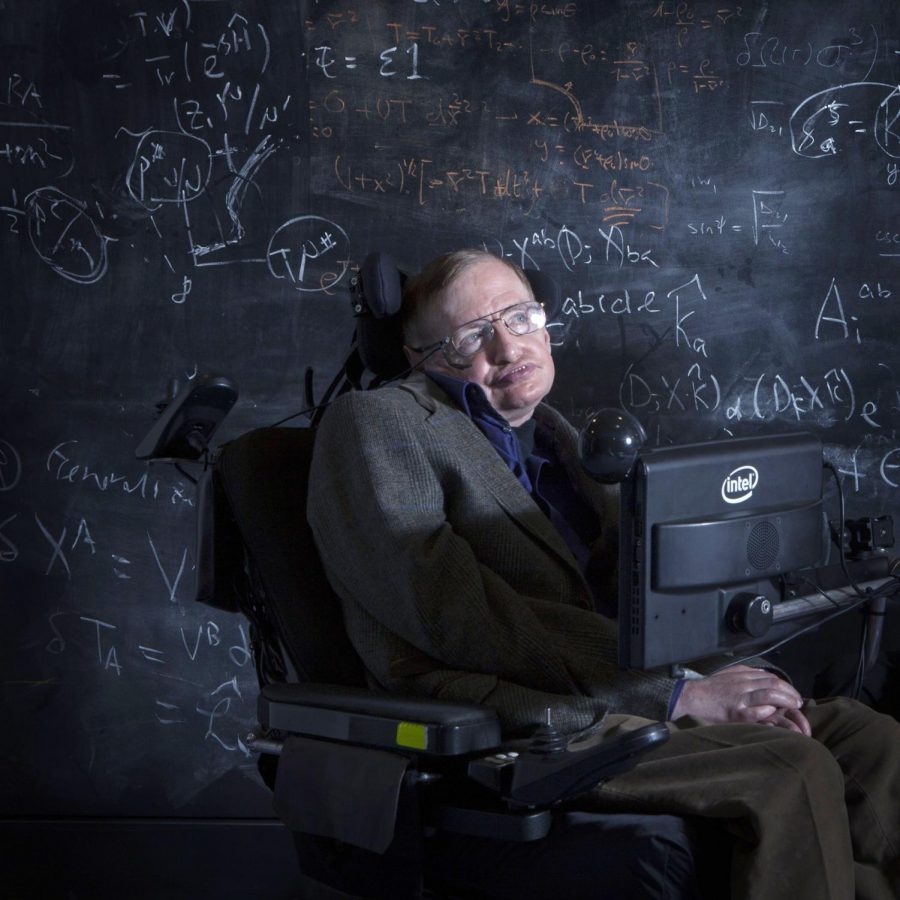Hawking Joins the Stars
The world mourns a renowned physicist and best-selling author Stephen Hawking after he passed away on March 14th. Reports say he died peacefully within his home in Cambridge, England at age 76.
Many considered Hawking an “emblem of human determination and curiosity.” He was born in Oxford, England on January 8th, 1942. He attended University College in Oxford, where he studied physics and mathematics. Since he was diagnosed with amyotrophic lateral sclerosis in 1963, his life and career were dramatically altered; the disease reduced his bodily control to allow only voluntary eye and finger movements and was only given only a few years to live. Miraculously, however, the disease appeared to stabilize, and Hawking could continue his studies.
He went on to become the leader of a generation in gravity and black hole exploration. His work led to a turning point in modern physics, opening doors for new theories and discoveries. According to Science Alert, a website of accomplished journalistic and scientific experts, Hawking theorized that “when a black hole swallows one half of a particle-antiparticle pair, the other particle radiates away into space, stealing energy from the black hole as it leaves” — a theory that was largely based on Einstein’s theory of relativity. Because of this, black holes can disappear, leaving behind only the electromagnetic radiation they emitted – known as “Hawking radiation.”
His story reached the less scientifically-affiliated public through his books and the 2014 award-winning film, The Theory of Everything, awarding him widespread renown. He inspired thousands with his success, despite the disease that threatened to jeopardize his way of communication and spread of knowledge. Michio Kaku, a professor of theoretical physics at the City University of New York, commented, “Not since Albert Einstein has a scientist so captured the public imagination and endeared himself to tens of millions of people around the world.”





















